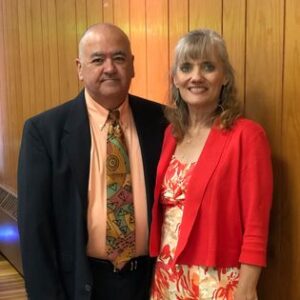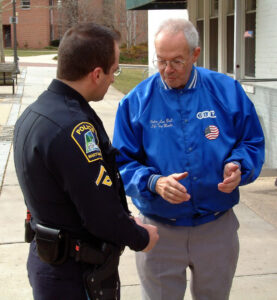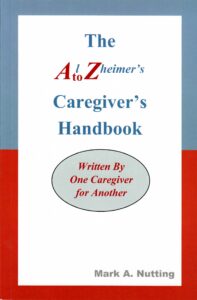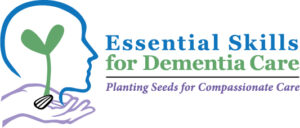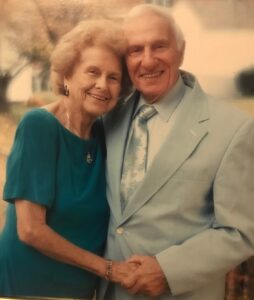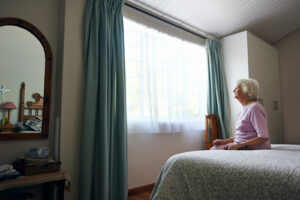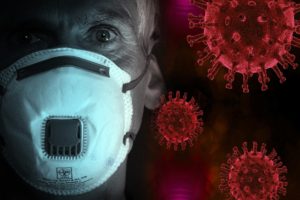
Grampy’s Favorite Crooner
Photo 74572247 © Dwong19 | Dreamstime.com I learned of Tony Bennett’s diagnosis of Alzheimer’s Disease about a year ago. He was formally diagnosed in 2017 by his neurologist, Dr. Gayatri Devi. My maternal grandfather “Grampy” was the full-time care partner of my grandmother who lived a journey with Alzheimer’s Disease. Although they are deceased, this would have been a topic of conversation for me and Grampy. Tony Bennett was one of his favorite performers and his music inspired countless ballroom dances by my grandparents. Seeing Tony Bennett’s “Final Act” on 60 minutes moved me. I encourage you to watch this 6-minute interview by Anderson Cooper.

